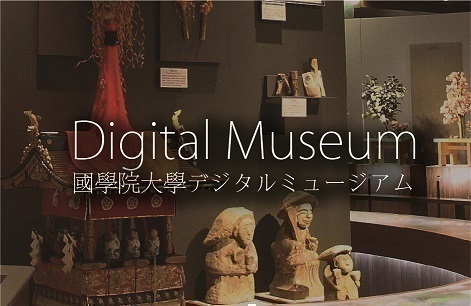- トップ
- Encyclopedia of Shinto
- Monoimi
Encyclopedia of Shinto
| Main Menu: | |
| Links: |
詳細表示 (Complete Article)
| カテゴリー1: | 7. Concepts and Doctrines |
|---|---|
| カテゴリー2: | Basic Terms |
| Title | Monoimi |
| Text | Abstaining from contact with pollution. In order to welcome the sacred essence of the kami, those participating in Shinto rituals make a special effort to purify their bodies and minds by avoiding contact with polluting substances and behaviors (this avoidance is known as kinki) for a fixed period prior to the ritual performance. This notion of abstinence is also referred to by the terms kessai, saikai, and kiki. At important shrines, such as the Grand Shrines of Ise (Ise Jingū), Kasuga Taisha, Kashima Jingū, Katori Jingū, Kamo Jinja, and Matsu no o Taisha, rituals that are conducted to protect young boys and girls from sources of pollution are also known as monoimi. In addition, references to talismans upon which the word monoimi was written (monoimi fuda, lit. "monoimi talismans"), often appear in Heian and Kamakura period documents. These were used in acts of penance and are also referred to as monoimi. Aristocrats, following the divinatory advice of a Yin-yang diviner (onmyōji), would hang monoimi fuda on their entrance gates in order to avoid various kinds of misfortune. These aristocrats would seclude themselves in their homes with the gate closed for a set period of time or go out with monoimi fuda attached to their headgear and hair. See also: Kinki 禁忌. — Iwai Hiroshi |




